When large credit lending firms collapse, huge shockwaves are sent throughout industry; the risk of contagion looms, threatening thousands of jobs, disrupting supply chains for essential goods, and increasing the barriers to credit that hits SMEs most.
Recognising these challenges, TradeFlow uses a system to enable trade that removes the issue of credit insurance whilst enabling SMEs trade profitably. FinTech-powered, it is non-lending, non-credit based and reduces fraud risk with more control over the logistics and testing of commodities transacted as a neutral principal; IOT tracking devices and the use of drones are used to minimise the risks of unauthorised cargo container swapping and unauthorised commodities access.
Such financial issues happening reveal the vulnerabilities of trade finance models that have not kept pace with rapidly evolving economic challenges exacerbated by the COVID-19 pandemic. SMEs, by their nature, do not have deep reserves or pools of collateral that they can pledge against the loans they have traditionally sought to give them the liquidity they need. In the aftermath of financial shocks, it is those SMEs that suffer disproportionately as banks and other lenders carry out portfolio rebalancing exercises. The business model of firms that rely heavily on credit risk insurance against defaults is one that is particularly vulnerable.
Termed the “Digital Transaction and Risk Transformation Engine (DTRTE)”, TradeFlow’s system enables global physical commodity trade for SMEs, with the DTRTE architecture providing the added advantage of superior risk-adjusted returns and capital preservation for investors. The system is also highly complementary to traditional trade finance lending institutions like Banks; TradeFlow does not lend money.
Tom James, CEO of TradeFlow affirms, “TradeFlow strives to innovate and bring digitised solutions to the international trading community that adds value in operational and capital efficiency, transforming risk to enable trade .” John Collis, CRO of TradeFlow adds, “TradeFlow’s mission is to enable SME trade worldwide. When a financial earthquake hits there may be many casualties, but those numbers are dwarfed by the follow-on losses caused by the problems of getting adequate and timely relief and aid to the needy. Financial earthquakes remind us of the value of the system we have created. ”
Nations around the world struggle with socio-political challenges, many made worse by the COVID-19 pandemic. Greater economic hardships brought about by higher-risk systems of trade can be prevented through innovations made possible by Digitalisation.
The world’s growing trade finance gap needs to be filled, stably and sustainably , and TradeFlow’s trade solutions can help achieve that to support the everyday flow of goods and money getting to the right places at the right times.

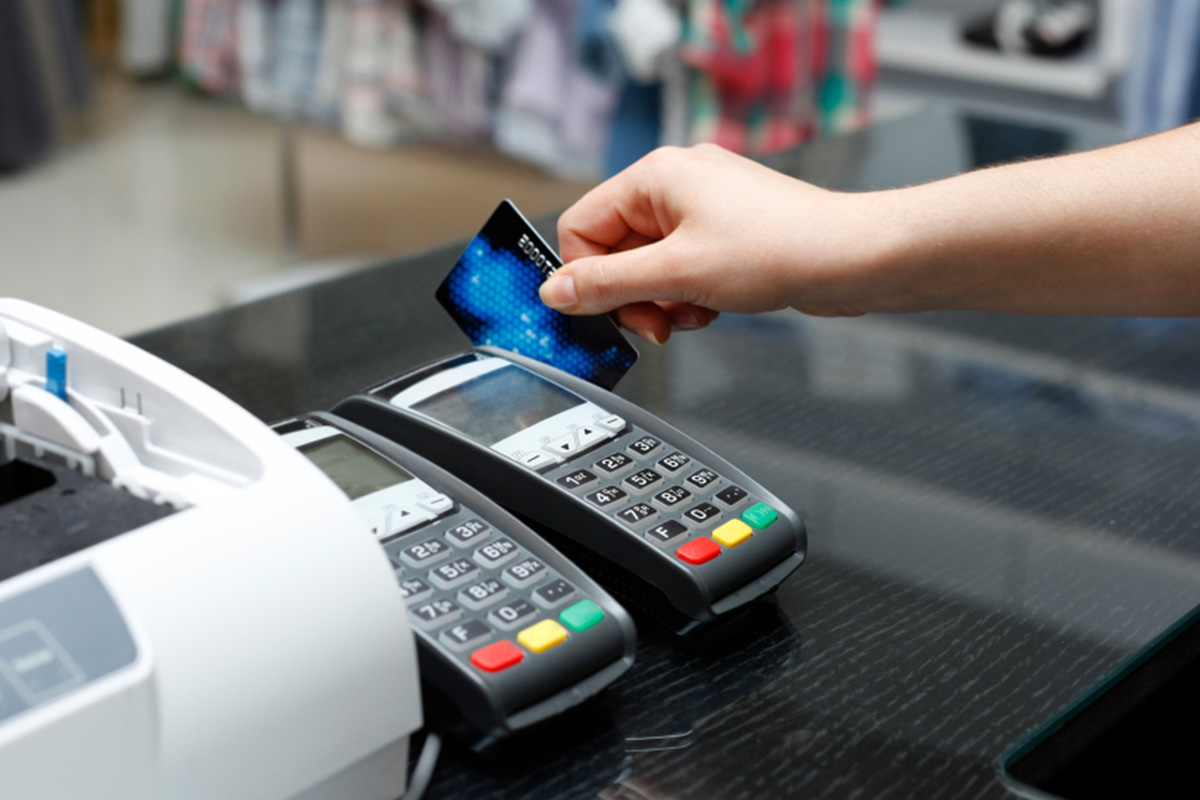
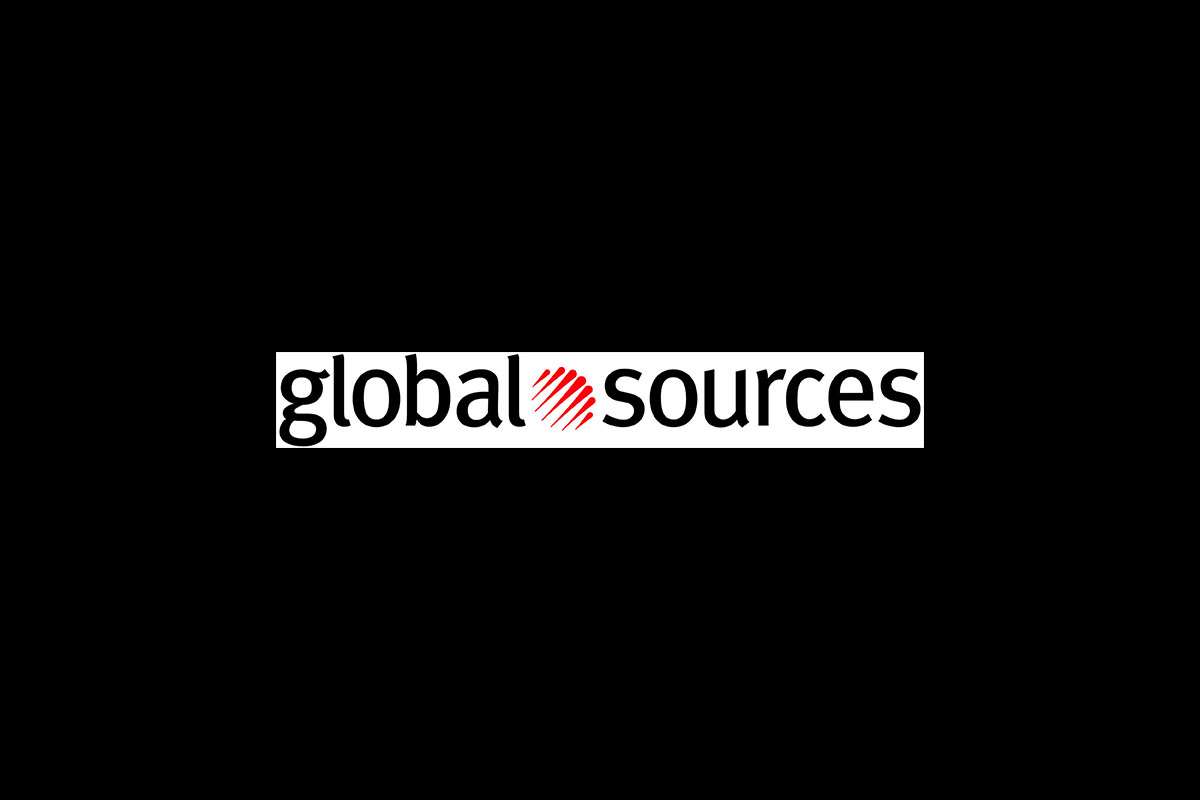

 includes a detailed analysis of global retail execution market dynamics, major trends, vendor landscape, and competitive positioning. The study provides a competitive analysis and ranking of leading multi-country payroll vendors in the form of its SPARK Matrix, providing strategic information for users to evaluate different vendor capabilities, competitive differentiation, and market position.
includes a detailed analysis of global retail execution market dynamics, major trends, vendor landscape, and competitive positioning. The study provides a competitive analysis and ranking of leading multi-country payroll vendors in the form of its SPARK Matrix, providing strategic information for users to evaluate different vendor capabilities, competitive differentiation, and market position.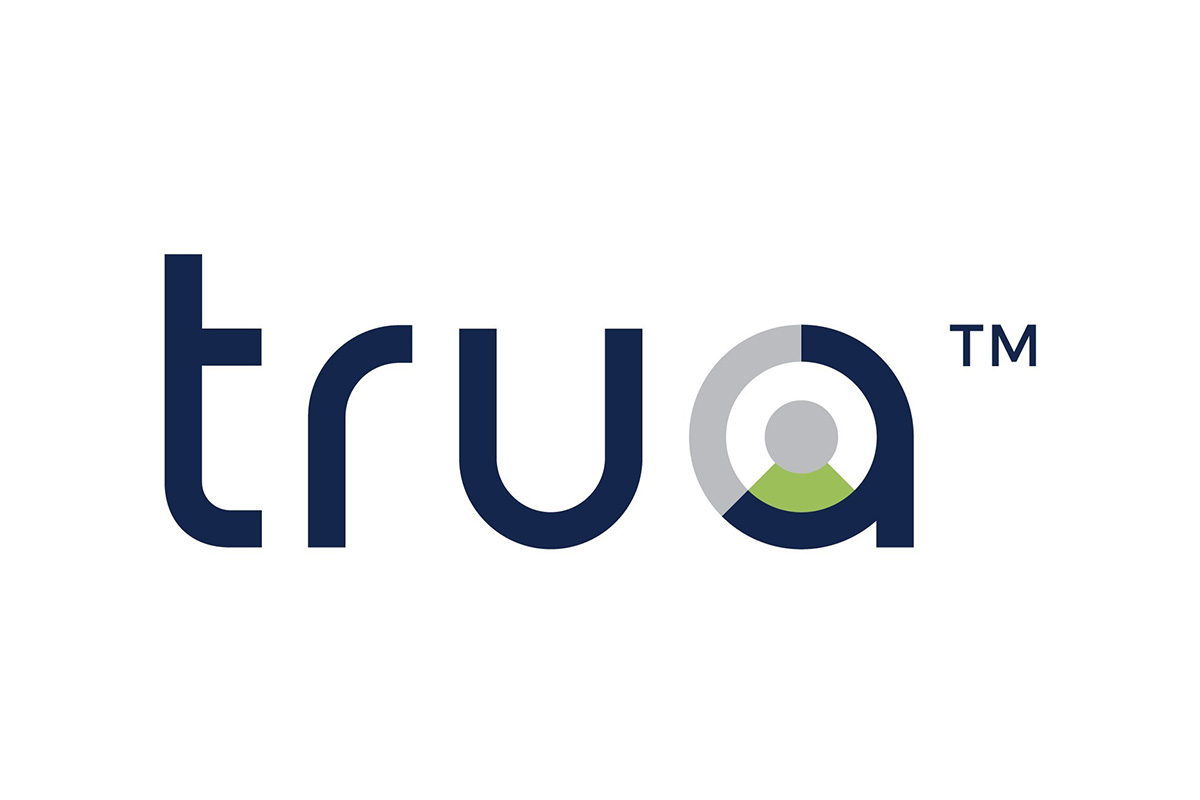
 , a user-centric, digital trust exchange network powered by cutting-edge, patented algorithms that facilitate a Trust Score based on an individual’s verified identity, publicly available court records, and other verifiable data. Users can share their TruaScore
, a user-centric, digital trust exchange network powered by cutting-edge, patented algorithms that facilitate a Trust Score based on an individual’s verified identity, publicly available court records, and other verifiable data. Users can share their TruaScore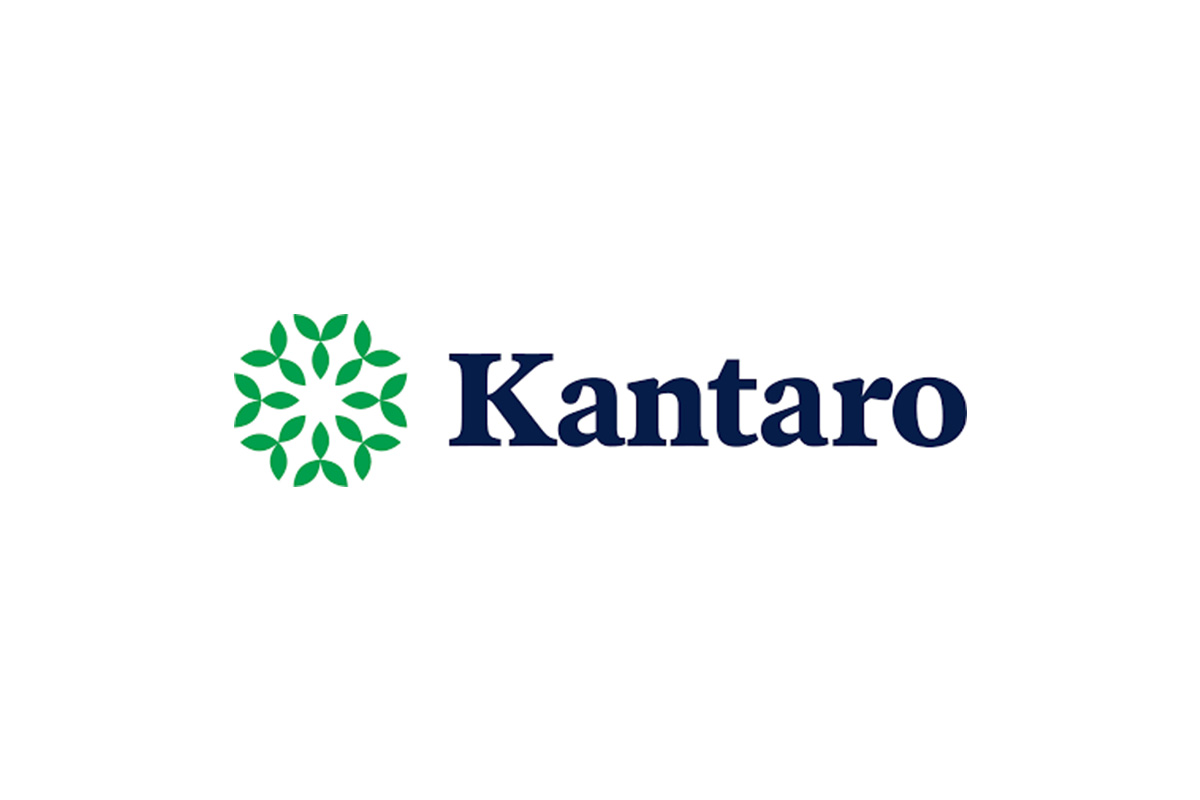

 , the market is estimated to grow from
, the market is estimated to grow from 

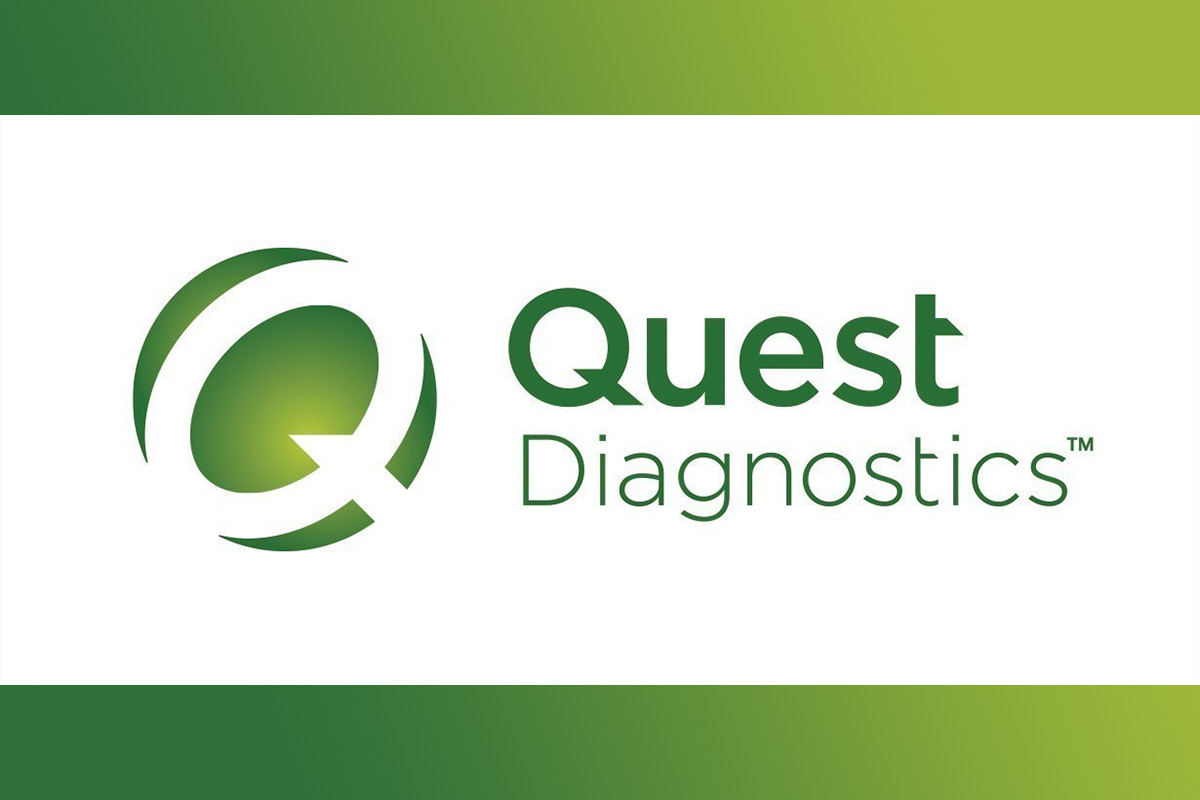
 study finds that Black and Hispanic/Latinx Americans are nearly two times as likely as White Americans to say their access to COVID-19 vaccines, treatments and healthcare, once available, is worse than other racial/ethnic groups.
study finds that Black and Hispanic/Latinx Americans are nearly two times as likely as White Americans to say their access to COVID-19 vaccines, treatments and healthcare, once available, is worse than other racial/ethnic groups.
